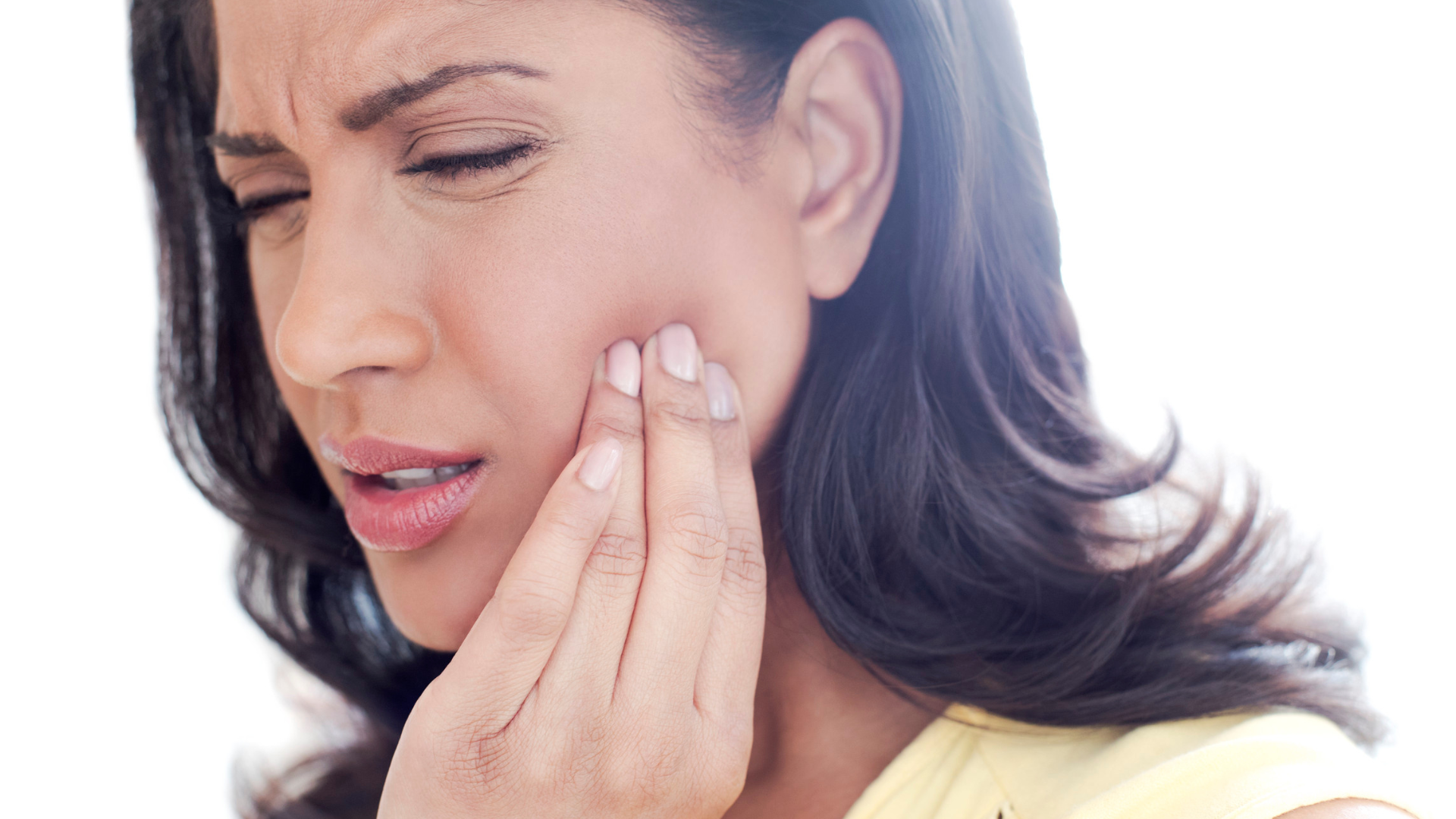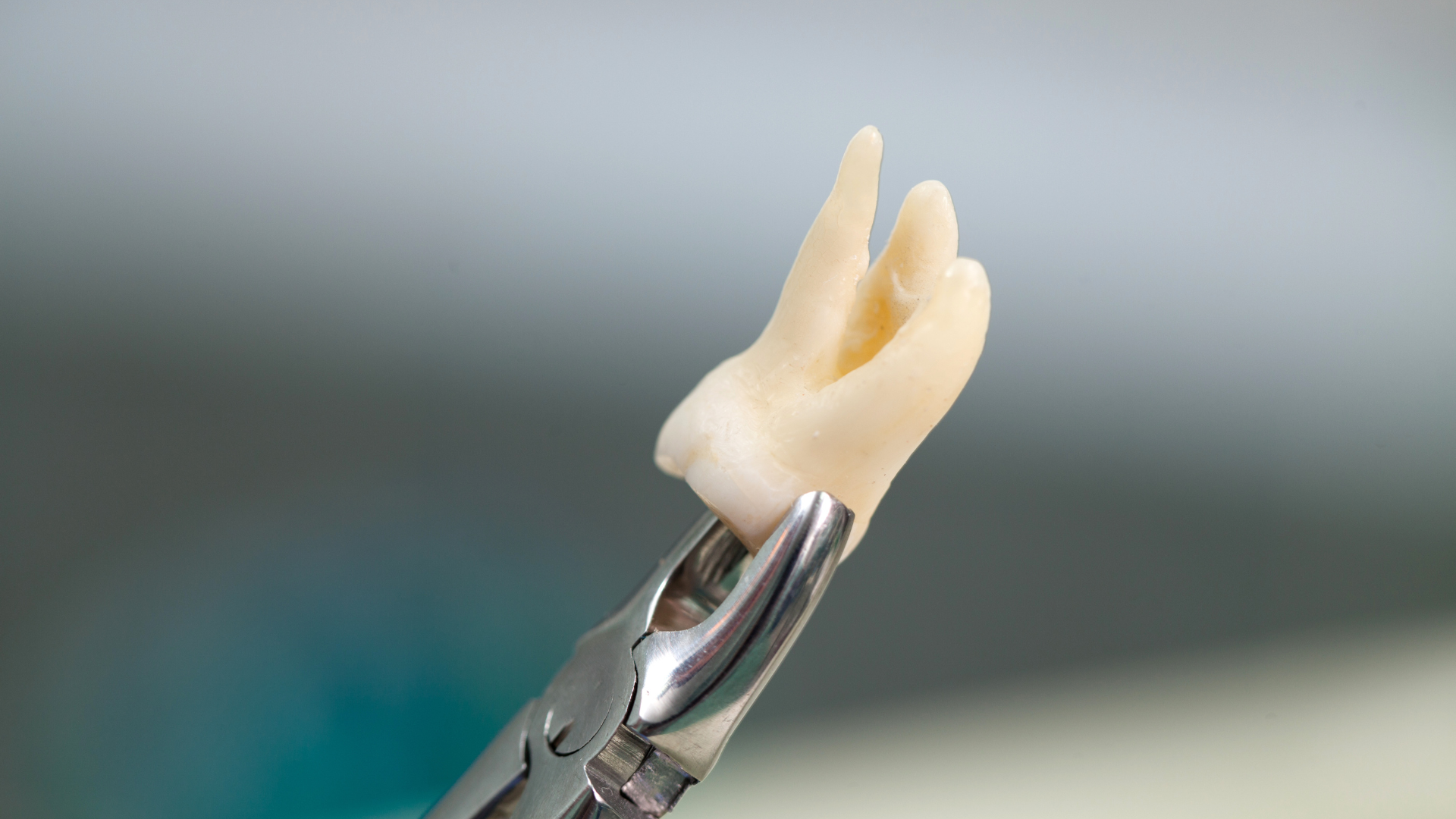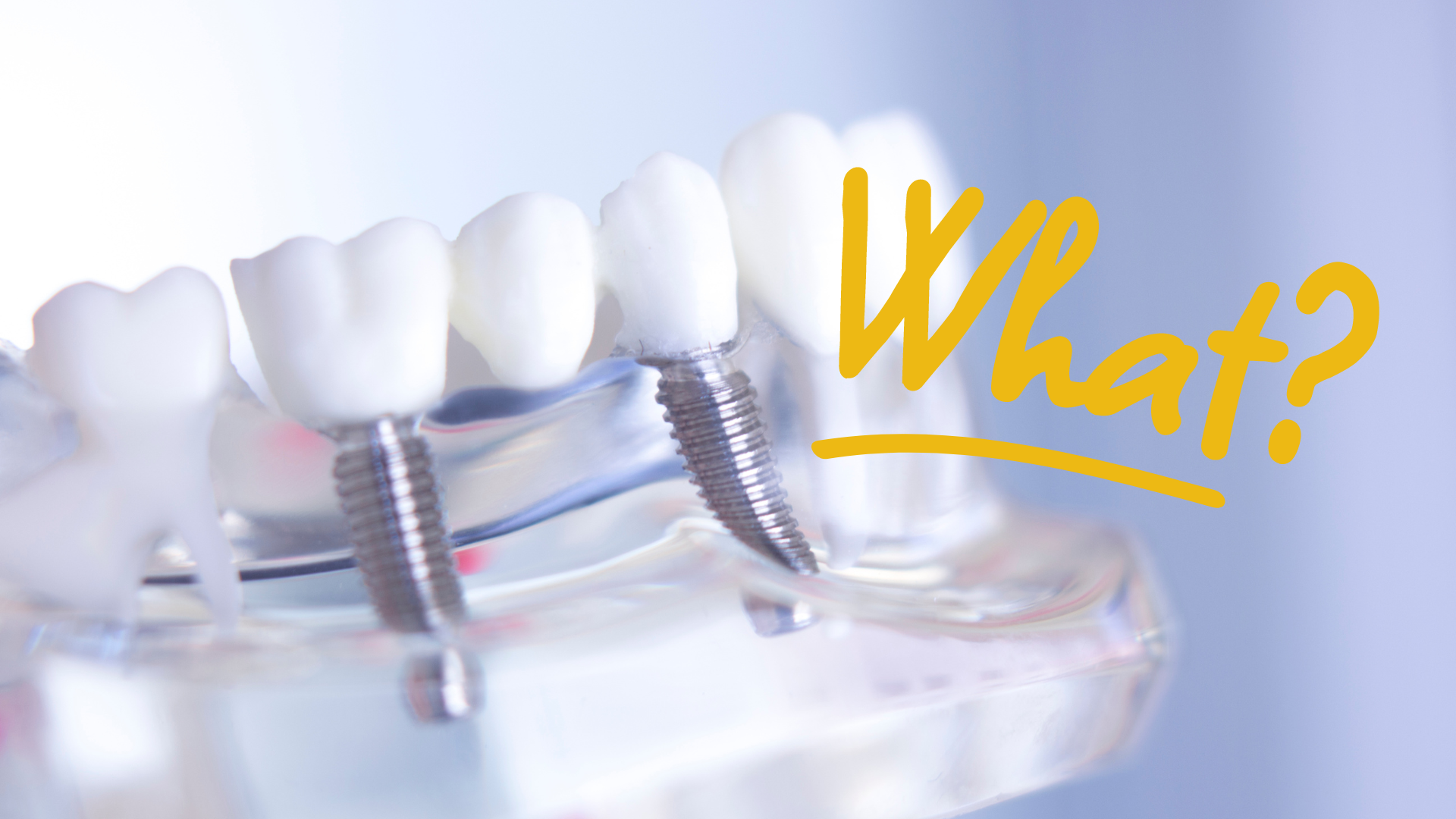Bruxism and Treatment Options
Understanding and Treating Bruxism:
How It Differs From TMJ
Bruxism, commonly known as teeth grinding or clenching, is a prevalent oral health issue that can lead to severe dental complications if left untreated. The distinction between bruxism and Temporomandibular Joint Disorder (TMJ) is often misunderstood, leading to confusion and incorrect self-diagnosis. At our practice, we strive to provide clear information and personalized, effective solutions for these conditions.
Understanding Bruxism
Bruxism is characterized by the involuntary grinding, gnashing, or clenching of teeth, most commonly during sleep, but it can also occur unconsciously while awake. The cause of bruxism is not fully understood, but it is often linked to stress, anxiety, abnormal bite, sleep disorders, or certain lifestyle habits like excessive caffeine or alcohol intake. Symptoms may include tooth sensitivity, flattened or fractured teeth, and in severe cases, loss of teeth.
How Bruxism Differs from TMJ
Although bruxism and TMJ can have overlapping symptoms such as jaw discomfort or earaches, they are distinctly different conditions. Bruxism refers to the act of grinding or clenching teeth, whereas TMJ refers to disorders affecting the temporomandibular joint that connects the jaw to the skull. While bruxism can potentially lead to TMJ due to the excessive pressure placed on the joint, not all individuals with bruxism will develop TMJ. Conversely, not all TMJ disorders are caused by bruxism.
Treating Bruxism
At our dental practice, we are committed to providing effective solutions for bruxism. The first step involves a comprehensive dental examination to assess the extent of the damage caused by grinding and to confirm the diagnosis. Following the evaluation, a personalized treatment plan is formulated.
One of the most effective treatments for bruxism is a custom-made night guard. Similar to the process of creating a mouthguard for TMJ treatment, we use digital scanning technology to ensure a perfect fit. A night guard provides a barrier between the upper and lower teeth, preventing further damage from grinding or clenching while you sleep.
In addition to providing nightguards, we offer education and guidance on lifestyle modifications that may help reduce bruxism. These may include stress management techniques, limiting consumption of caffeine or alcohol, and avoiding chewing on non-food items such as pen caps or fingernails.
Understanding the differences between bruxism and TMJ and seeking professional help is crucial to protect your oral health and overall well-being. Our dedicated team is here to guide you on your journey to a healthier, pain-free smile. If you suspect you have bruxism or TMJ, reach out to us today. We're here to help.
Bernardo Hills Dentistry
11665 Avena Pl # 105, San Diego, CA 92128, United States
(858) 877-9307
Hours & Address
Monday: 9:00 am - 6:00 pm
Tuesday: 9:00 am - 6:00 pm
Wednesday: 8:00 am - 5:00 pm
Thursday: 7:00 am - 5:00 pm
Friday: 7:00 am - 3:00 pm
Saturday-Sunday: Closed
Navigation Links
Hours & Address
Monday: 9:00 am - 6:00 pm
Tuesday: 9:00 am - 6:00 pm
Wednesday: 8:00 am - 5:00 pm
Thursday: 7:00 am - 5:00 pm
Friday: 7:00 am - 3:00 pm
Saturday-Sunday: Closed
Navigation Links
Hours & Address
Monday: 9:00 am - 6:00 pm
Tuesday: 9:00 am - 6:00 pm
Wednesday: 8:00 am - 5:00 pm
Thursday: 7:00 am - 5:00 pm
Friday: 7:00 am - 3:00 pm
Saturday-Sunday: Closed
Navigation Links
Bernardo Hills Dentistry | All Rights Reserved



